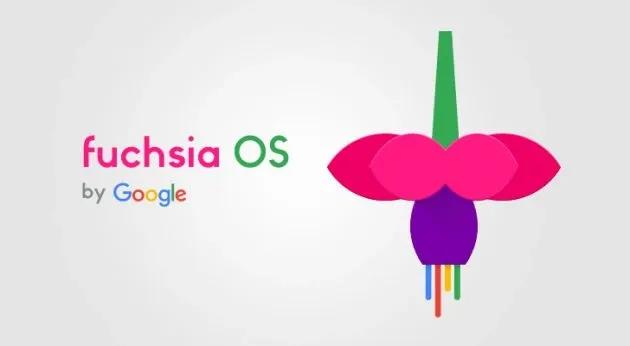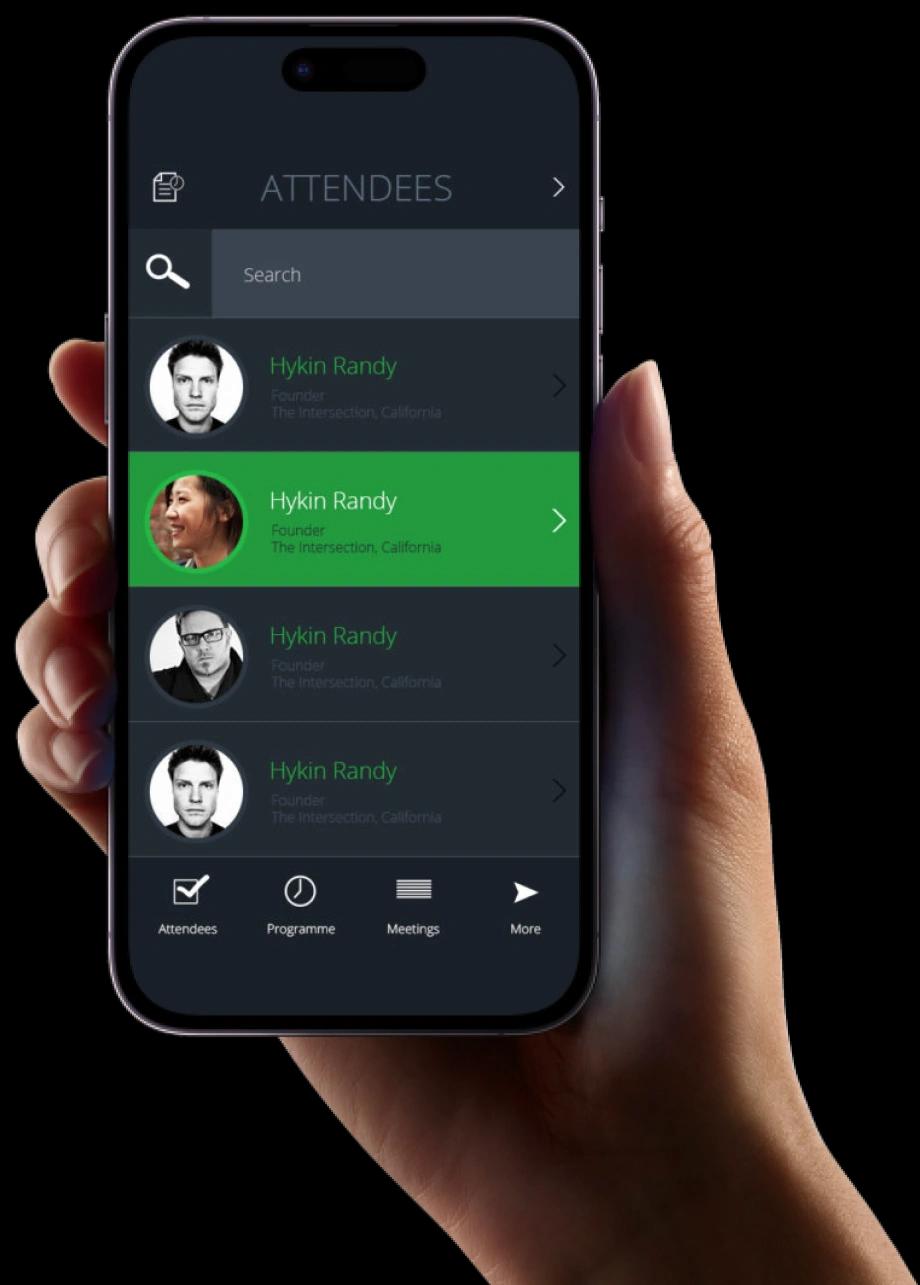Exaud Blog
Blog

The Future of Mobile | Google Fuchsia OS – Part I
What Google has in plans for Fuchsia OS? Check out Exaud’s thoughts about the brand new OS conceived by Google! Posted onby Georg TubalevThe mobile operating system market managed to stay relatively unshaken for the last 6 years, at least. For those who have interest in this matter, you can check my article on the subject, written in the good old 2012, and not much has changed since then, I must recapitulate.
However, there’re some spruce developments unfolding that eventually may change the current disposition in the upcoming years, so here’s my attempt at a mobile future sneak peak.
The aforementioned new OS from Google, named Fuchsia, quietly emerged in 2016 and has been under increasing spotlight ever since, leading to many speculations, as Google never cared to explain well its purpose and possible future plans concerning it.
So here’s what we’ve got so far:
-
Fuchsia is a brand new OS conceived by Google and is not based on Linux
kernel contrary to Android, the world’s
leading platform since early 2017.
-
Fuchsia seems to be in a very early stage of development, quite far
away from any public alpha release.
-
It’s a universal general purpose OS that is designed to run on various
desktop, tablet and mobile environments.
-
The current UI is somewhat similar to Android, but even in its current
state offers various improvements when it comes to
multi-tasking and running apps in the split-screen mode.
-
It has Swift support, the programming language that Apple initially
developed to replace the ageing Objective-C for iOS – which somewhat
correlates with earlier rumors that Google was considering to ditch Java
in favor of the former.
-
The OS appears to be under active heavy development at the moment. All
the daredevils can take a look
at the source code
kindly published under various open source licenses by Google.
-
Various enthusiasts gave Fuchsia a test on several laptops, including
Google’s very own
Pixelbook. The installation process is reportedly non-trivial but manageable for
savvy tech-heads.
The main question that arises based on the above, is what Google has in plans for Fuchsia?
Given that the Mountain View company already has a number of operating systems in its domain, say Android and Chrome OS, it’s not an easy one to answer.
However, there’re a number of theories in the wild, such as:
-
Let’s start with the most exciting one – Fuchsia is an attempt to fix
all what’s wrong with Android from the Google’s point of view, which
mainly comes down to getting rid of the Linux kernel and consequently a
bunch of legal complications regarding licensing that comes with it.
Plus, no sign of the Java Virtual Machine, the cause of
the ongoing epic legal battle
between Google and Oracle.
-
A more “dull” alternative – it’s just an experimental OS which is used
as a playground of ideas that later could be incorporated into the
mainstream Android or Chrome OS by Google engineers.
-
And finally, the most likely one in my opinion – there’s no conclusion
presently what the future of Fuchsia may be. Google is making an
investment to guarantee that they have a freshly built general purpose
OS should the need of such arise, and their success in court going to be
an important factor for Fuchsia’s future.
Let’s see! At Exaud, we will keep an eye open on the Fuchsia progress and
the time might come eventually for us to develop an exciting app for it.
In the next article on the same subject, I will explore what new Apple may
have up its sleeve for the mobile market. Stay tuned!
Related Posts
Subscribe for Authentic Insights & Updates
We're not here to fill your inbox with generic tech news. Our newsletter delivers genuine insights from our team, along with the latest company updates.